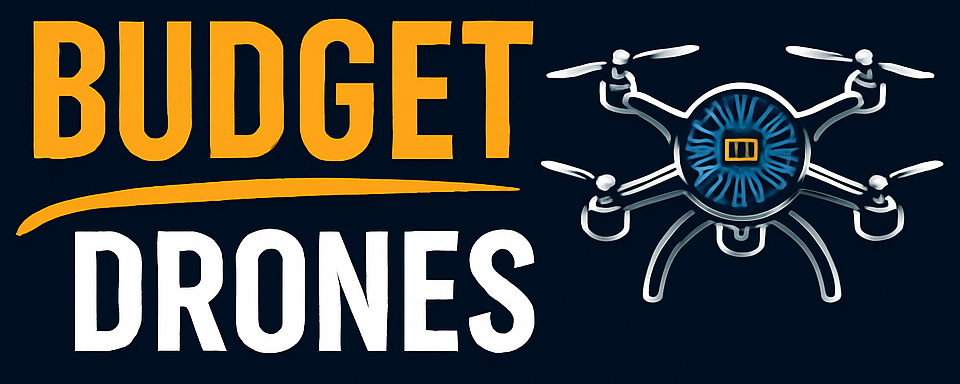Autel Drones: a simple guide to understanding the brand
Imagine you want a drone for work, study, or simply to film your adventures, but the market feels like a maze. Keep reading, and in a few minutes you’ll know whether Autel drones are a good fit for you and how to avoid paying for features you won’t actually use. This guide provides clear, unbiased information for anyone just getting started.
What is Autel and why does it matter in the drone market?
Autel is a technology company with a division called Autel Robotics, focused on drone development. Its philosophy aims to balance ease of use with advanced tools. This means Autel drones are designed to be simple to fly while still offering cameras and functions suitable for real-world tasks such as inspections, photography, videography, or emergency response. For newcomers, that mix reduces the learning curve without sacrificing quality—crucial when you want to make an informed choice rather than following trends.
Autel’s drone lineup: how it’s structured and what to expect
Autel’s drone lineup can be understood in terms of user needs. At the base are models built for responsible leisure and light content creation. They’re compact, stable, and equipped with automatic flight modes that help you capture good video without hassle—perfect for travel and student projects. In the middle tier are drones for advanced users or professionals who need reliability, pilot-assist sensors, and flexible image profiles. This is where creators, entry-level surveyors, and maintenance technicians find a solid balance between price and performance. At the top are drones for technical missions, offering thermal cameras, stronger wind resistance, and flight times built for full workdays. You don’t need to memorize model names; what matters is recognizing that Autel designs its lineup in clear layers—from simple to specialized.
Recreational and travel drones
If you want to learn to fly and capture family moments, look for small, portable Autel drones. They typically include pilot-assist features and automatic adjustments that let you focus on framing the shot rather than managing complex controls.
Professional and prosumer drones
If you create content for clients or perform occasional inspections, you’ll appreciate a more capable camera, greater stability, and extra safety functions. These models offer a clear step up in quality without overwhelming you with unnecessary complexity.
Industrial and critical-mission drones
If you work in search and rescue, energy, or precision agriculture, prioritize compatibility with specialized payloads and strict safety protocols. In this category, reliability and workflow integration matter more than size or aesthetics.
Target users and market fit
Autel drones appeal to three main types of users.
- Beginners who seek simplicity and good results from day one find stable equipment ideal for safe learning.
- Independent professionals or small studios that value image quality and flight safety gain advanced features without depending on overly complex systems.
- Companies or institutions that require drones for technical missions get options designed for software compatibility and workflow integration.
Understanding where you fit in this landscape helps you filter options intelligently and choose confidently.
Price and value: paying fairly for what you’ll actually use
Talking about price without context can be misleading. Think in terms of the value you’ll get over a year of use. Entry-level models are affordable and sufficient for learning and simple projects. In the mid-range, costs rise—but so do quality, stability, and operational peace of mind. If you plan to use your drone professionally, this is often the sweet spot. In the industrial segment, prices reflect that these are work tools with specific requirements. The key is ensuring your drone meets company standards and avoids downtime. The principle is simple: when evaluating Autel drones, compare the price not to flashy specs but to the real problem you’re solving.
How to choose the right Autel drone for your needs
Start with your primary use.
- If you want to learn and record memories, prioritize ease of flight, useful automatic modes, and a compact design.
- If you’ll be producing videos for clients or doing inspections, look for better camera control, longer battery life, and safety functions that reduce errors.
- If you work in demanding environments, focus on compatibility with specialized cameras, durability, and post-sale support.
In all cases, set a budget and weigh it against your expected benefits. The best drone isn’t the most expensive—it’s the one that gets the job done with the least effort.




